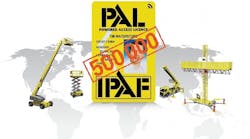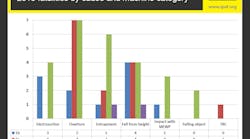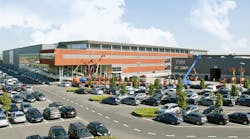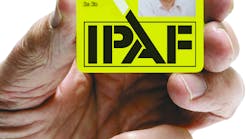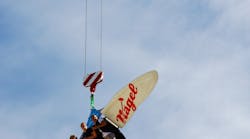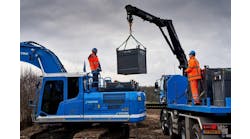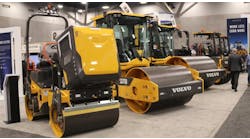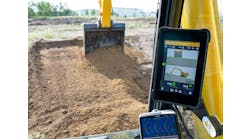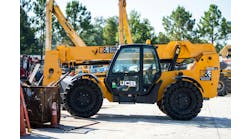The International Powered Access Federation announced this week that there are now half a million valid Powered Access License (PAL) cards issues to people trained to operate aerial work platforms, marking the success of IPAF’s voluntary, industry-led operator training program.
A valid PAL card is internationally recognized proof that the cardholder has been trained to operate powered access equipment safely and effectively. PAL cards can be issued in standard or Smart (machine-readable) versions. They are valid for five years and can be verified online at www.ipaf.org. IPAF’s Pal card operator training program is certified by TÜV as conforming to ISO 18878. There are currently 615 IPAF-approved training centers in 28 countries.
“This is a tremendous success for IPAF members,” said IPAF CEO Tim Whiteman. “Our members created and launched the platform operator training program in 1991, not because the law mandated it, but because they had a vision of a safe and professional industry. IPAF manages the program on behalf of its members and the income is re-invested in the training program and other safety initiatives, such as the ‘Click It’ harness campaign, the spreader pads campaign, or the accident reporting project.
“IPAF’s Powered Access Rental Market Reports estimate that there are about 950,000 aerial work platforms in the rental fleet worldwide. With the number of PAL cards currently at around half of the worldwide AWP rental fleet, we have set a goal of reaching a million valid PAL cards by 2017. We congratulate our members on this achievement and look forward to working with them to keep the industry safe through trained operators.”
